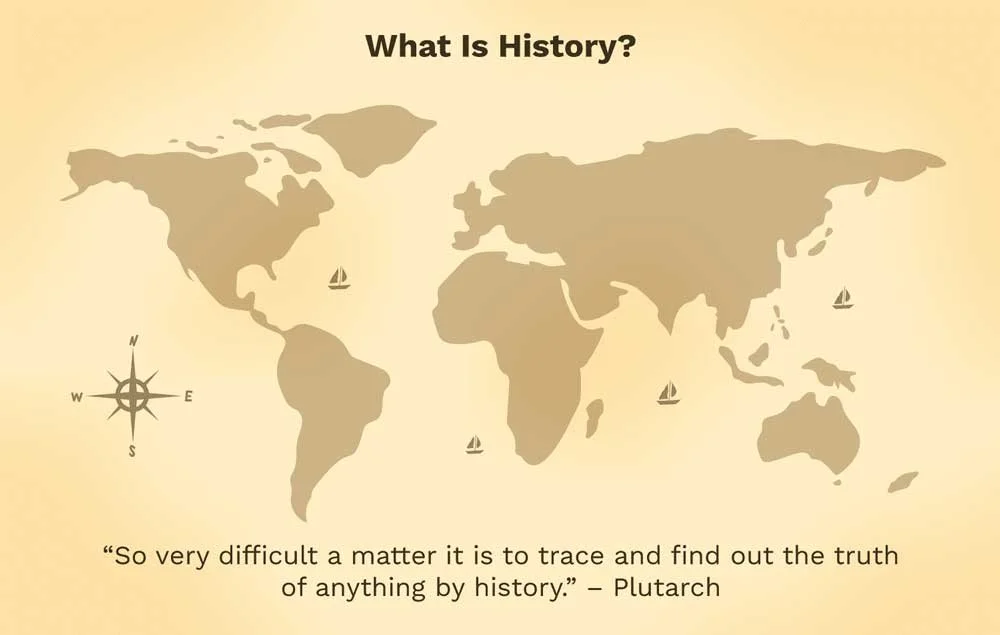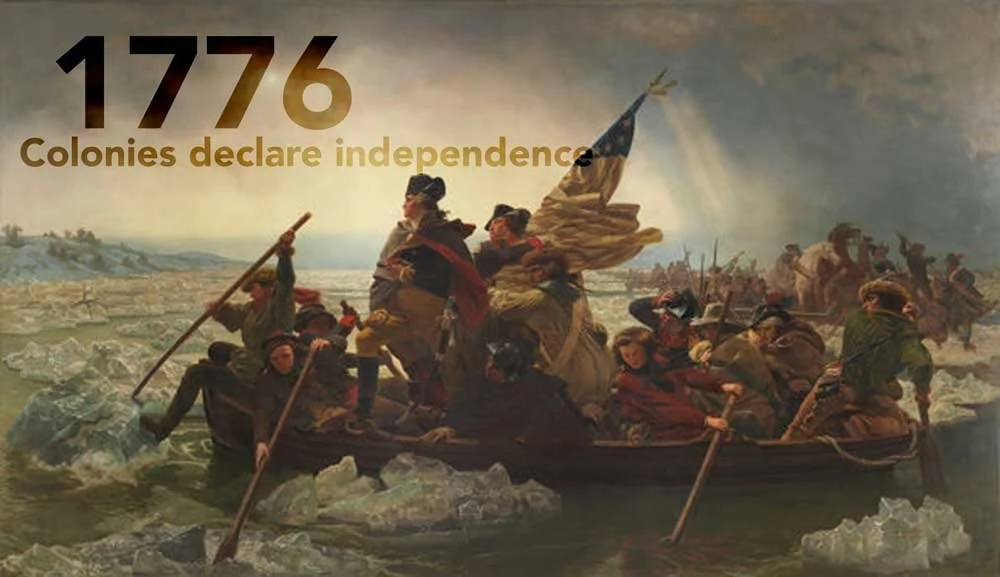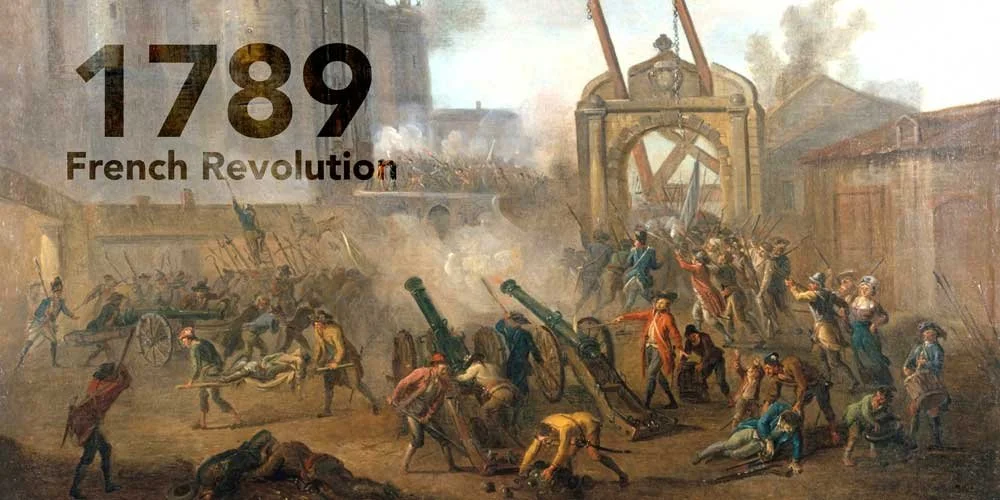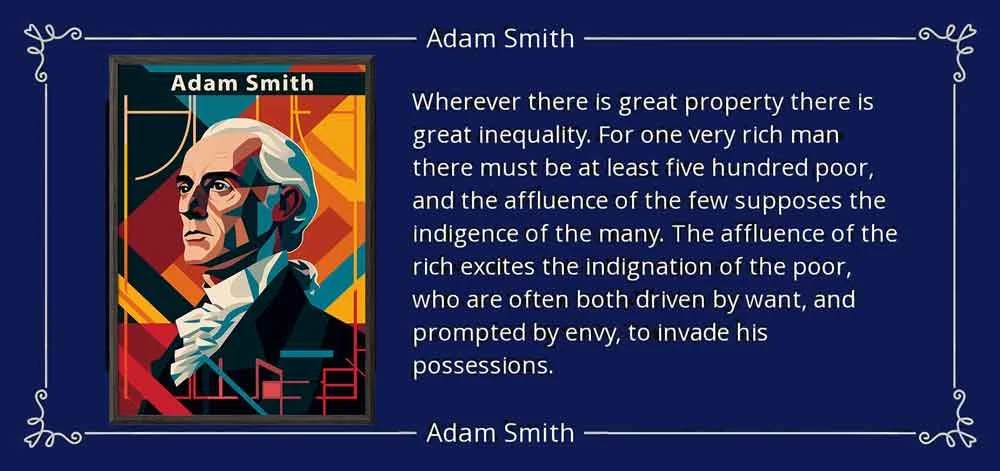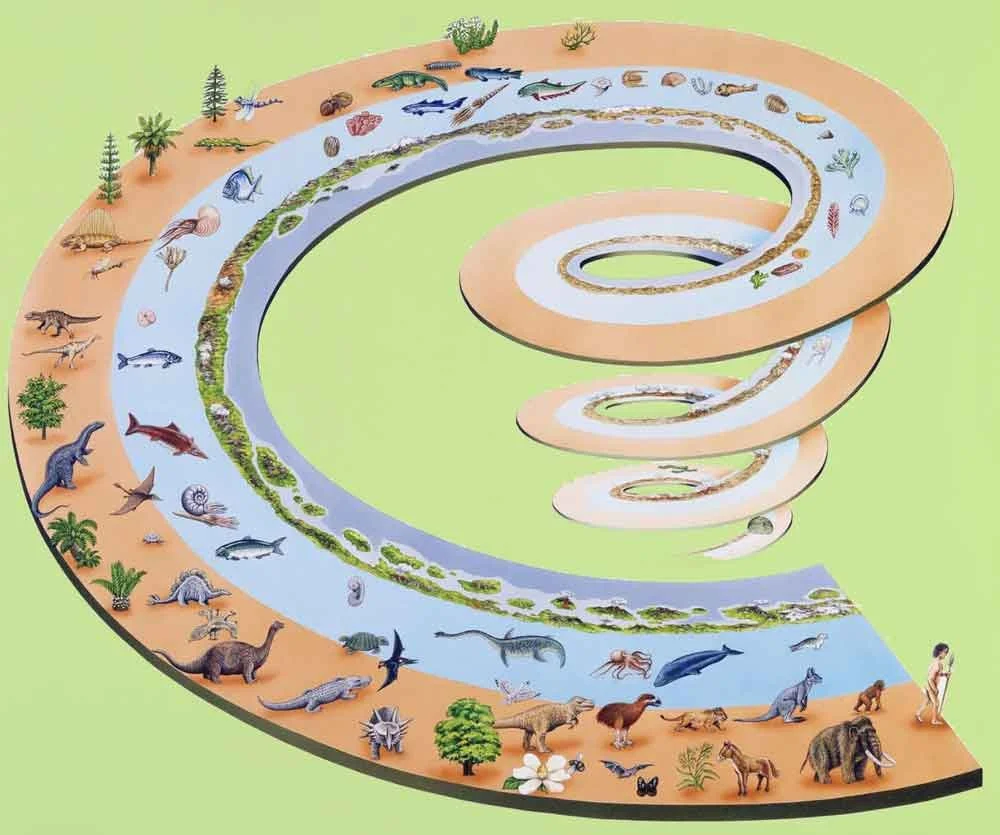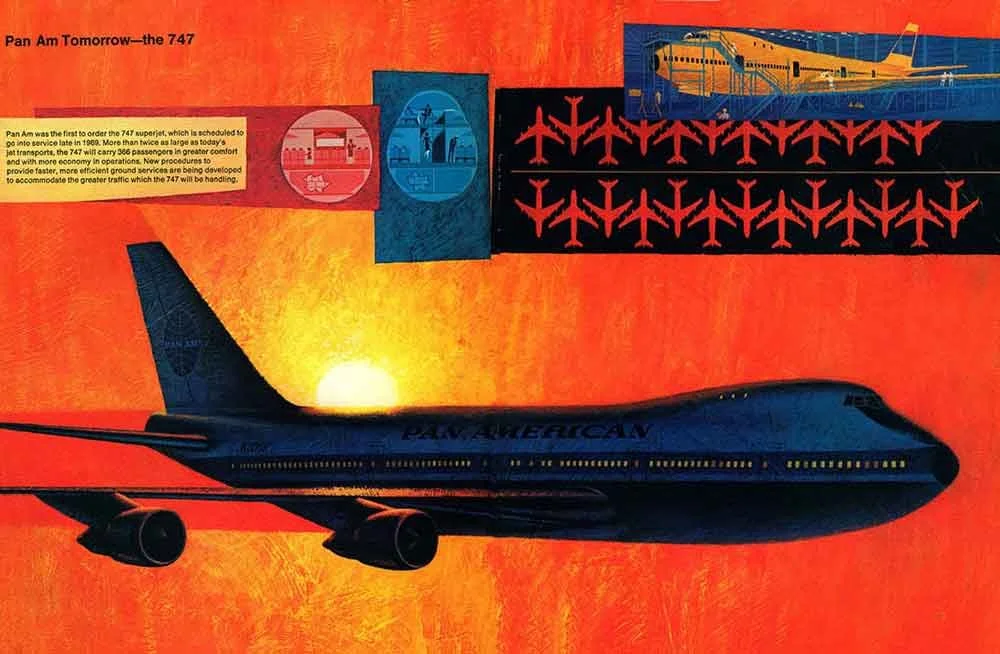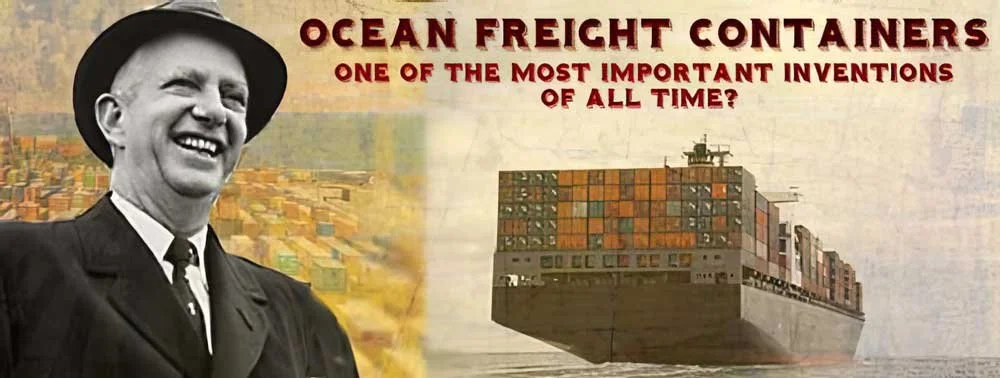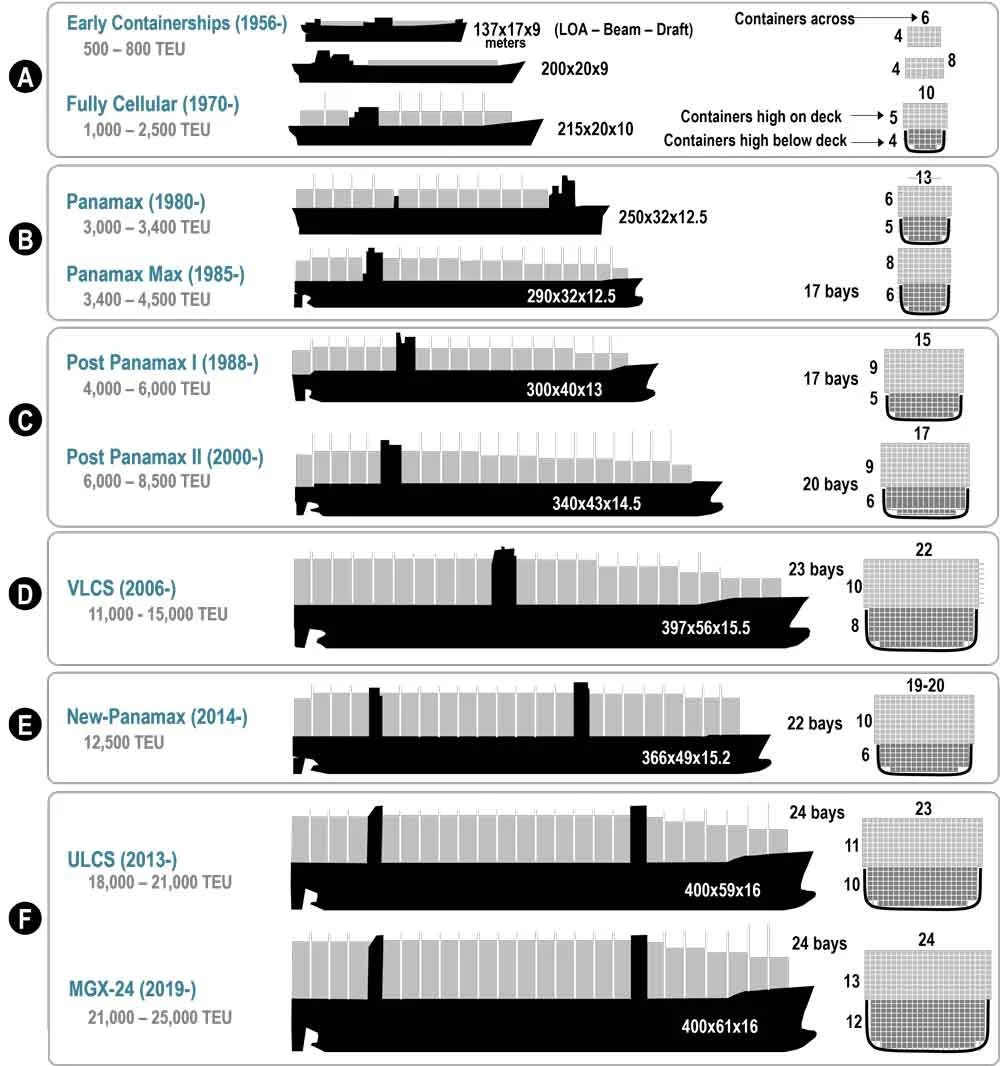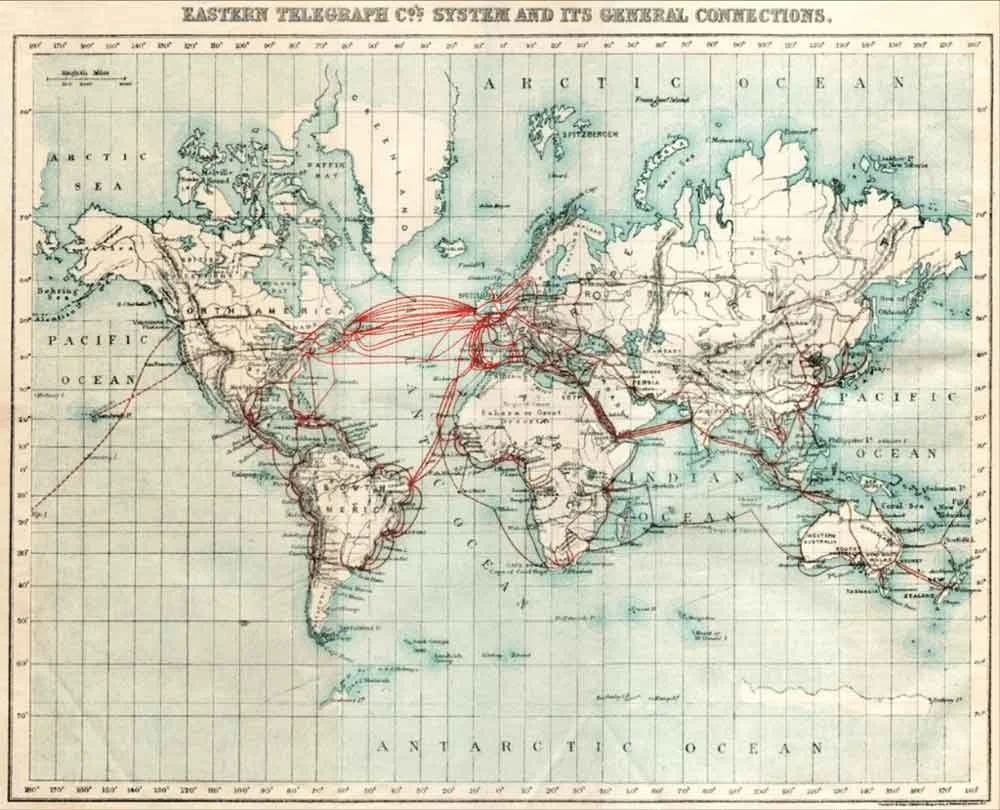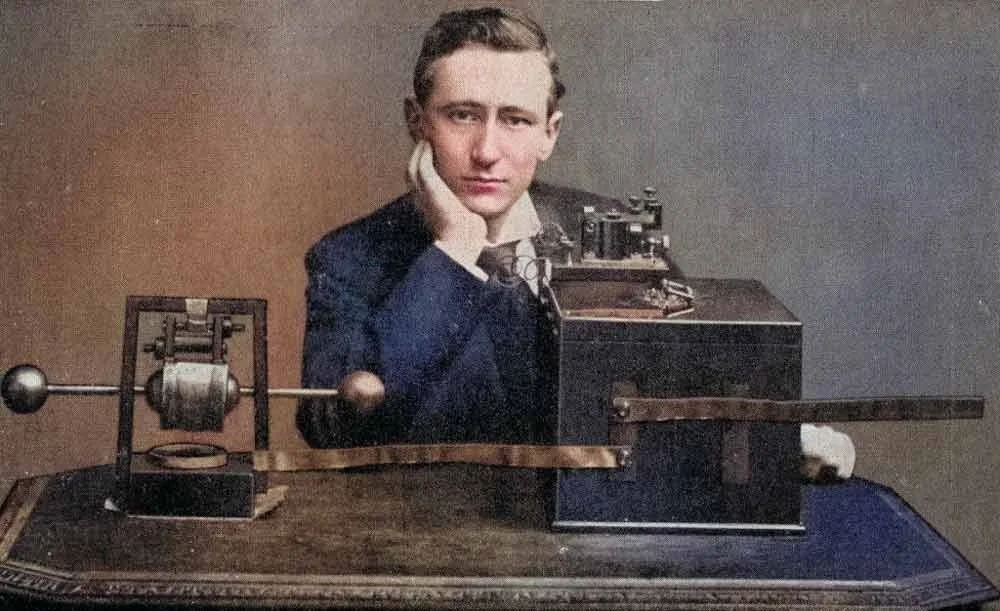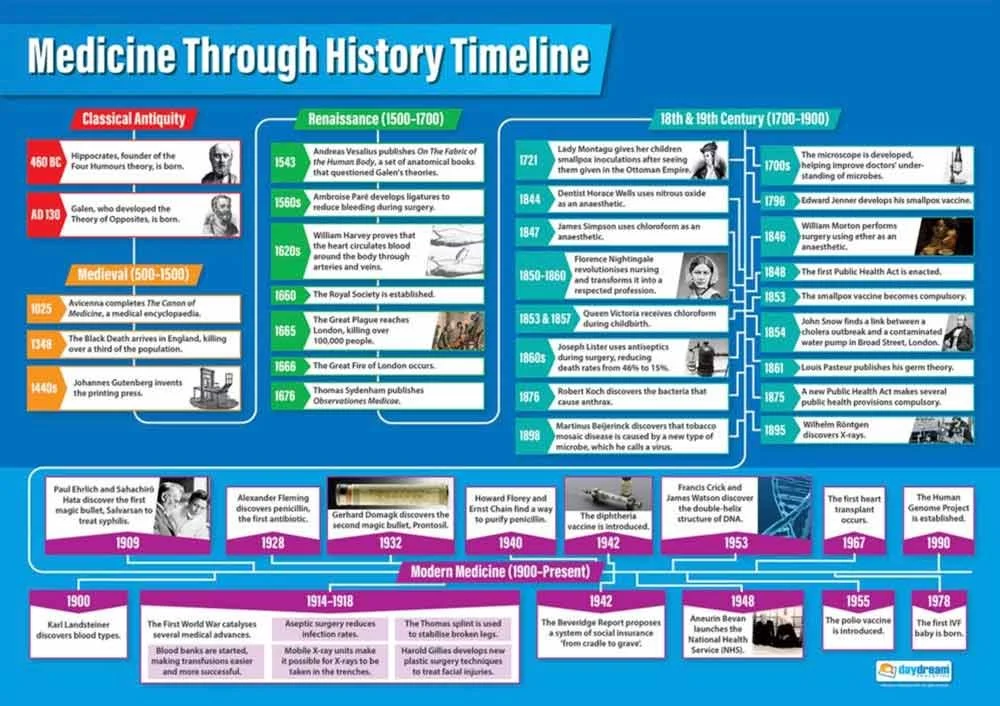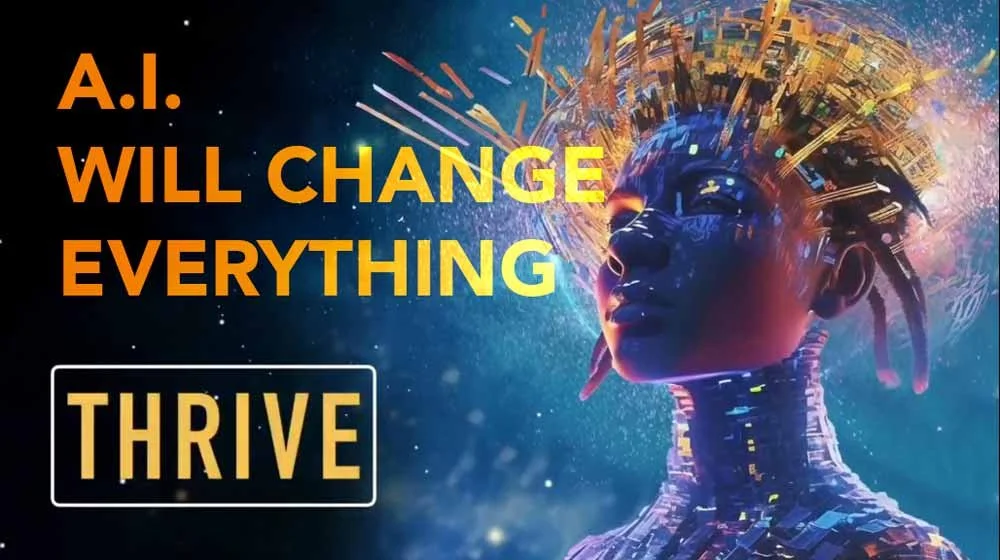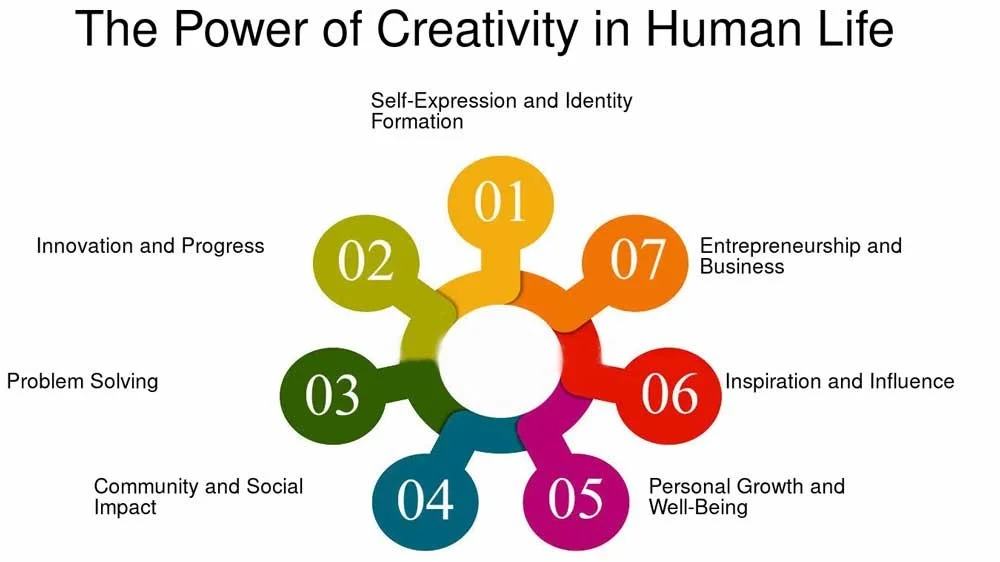WHAT IS HISTORY?
When most people think about history, what do they usually think about?
What year did the American colonies declare independence from Great Britain?
What did Isaac Newton describe in his famous book of 1687?
What is Charles Darwin famous for? (Hint: He wrote On the Origin of Species.)
How did the Boeing 747 airplane change the world?
Why are containerships such a big deal?
How did the telegraph, telephone and wireless radio change the world?
What medical advances have changed the way we live?
Why do we focus on big events and colorful individuals?
Do you believe A.I. will “change everything”?
• Read •
WHAT IS HISTORY?
What Makes History Important?
When most people think about history, they usually remember big political events, like wars, revolutions, or the rise and fall of famous leaders.
Dates like July 4, 1776 (when the United States declared independence), or 1789 (the start of the French Revolution), are easy to remember because they are often taught as the most important moments in history.
These events are about who had power, who wanted it, and who won it.
For a long time, people have believed that politics and government are the main forces that shape the world.
But is politics really the most important part of history?
Some people think we focus too much on wars and leaders and not enough on other things that have changed our lives even more.
The Power of Ideas
Let’s look at some other important dates: July 5, 1687; March 9, 1776; and November 24, 1859.
These dates are not about battles or governments. Instead, they are about amazing ideas that changed how people understand the world.
On July 5, 1687, Isaac Newton published a book called Philosophiae Naturalis Principia Mathematica. This book explained how gravity works and changed the way people thought about the universe.
• Newton described how gravity works.
• Newton discovered the relationship between the motion of the Moon and the motion of a body falling freely on Earth.
On March 9, 1776, Adam Smith published The Wealth of Nations, which started modern economic thinking and helped people understand how societies and markets work.
On November 24, 1859, Charles Darwin published On the Origin of Species, which explained how plants and animals change over time through evolution.
On the Origin of Species has been called the most important book ever written.
Introducing the theory of evolution by natural selection, Darwin's book fundamentally altered how scientists look at the natural world, and continues to frame biological research today.
• Charles Darwin and the theory of evolution
These books didn’t win wars, but they changed how people saw the world and led to new discoveries and inventions.
Technology Changes Everything
There are other dates that are even less famous but may have changed our lives even more.
For example, on January 22, 1970, the first jumbo jet, the Boeing 747, took its first commercial flight.
• The Boeing 747 is still in service today.
This made air travel much cheaper and easier, so people could visit other countries, share ideas, and trade goods more than ever before.
On April 26, 1956, the first container ship, the Ideal X, sailed from New Jersey to Texas.
This was the start of container shipping, which made it much easier and cheaper to move goods around the world.
Suddenly, people could buy things from other countries, and businesses could sell their products everywhere.
On October 1, 1908, the first Model T Ford car was made.
Cars became affordable for many people, not just the rich. This changed how cities were built, where people lived, and how they traveled.
It even changed how people worked, because the way the cars were made—on an assembly line—helped start the idea of mass production.
How Technology Shapes Politics
Some people say that politics is actually shaped by technology and inventions, not the other way around.
For example, after the jumbo jet was invented, it became much harder to keep diseases from spreading by closing borders, because people could travel so quickly.
The way we live, work, and communicate often depends on the tools and technology we have.
Other inventions have also changed the world in huge ways.
On August 16, 1858, the first message was sent across the Atlantic Ocean by telegraph.
Suddenly, people could send messages across the world in minutes instead of weeks or months.
On March 10, 1876, Alexander Graham Bell made the first phone call.
• 1876: the first phone call — and today we can Zoom, FaceTime, etc.
On December 12, 1901, Guglielmo Marconi sent the first wireless radio message across the Atlantic.
• Guglielmo Marconi, 1901
These inventions made the world feel smaller and connected people in ways that were never possible before.
The Real Heroes of History
If we look at history this way, the most important people are not always kings, presidents, or generals.
Instead, they are scientists, inventors, and businesspeople—people who solve problems and create new things. They help make life better for everyone, not just for a few people in power.
For example, the discovery of anesthesia and antiseptics made surgery much safer. Antibiotics, like penicillin, helped cure deadly diseases.
The invention of artificial fertilizer helped farmers grow more food and stopped many people from starving.
These changes saved millions of lives and made the world a better place.
Why Do We Focus on Politics?
So why do we still pay so much attention to politics and wars?
One reason is that these events are dramatic and exciting. They are full of conflict and big changes. Human being like stories!
• Conflict! The Mexican-American War
Another reason is that leaders and governments want people to think they are the most important.
But if we paid more attention to science, technology, and business, we might find better ways to solve problems and improve the world.
Looking at Recent History
Even in recent years, technology and ideas have changed the world in amazing ways.
On June 21, 2004, a private spaceship called SpaceShipOne flew into space. This started a new era of private space travel.
On August 5, 2013, the first hamburger made from lab-grown meat was cooked and eaten in London. This could change the way we get food and help protect the environment.
On March 9, 2016, a computer program called AlphaGo beat the best human player at the game of Go.
This showed how powerful artificial intelligence can be and made people think about how computers might change our lives in the future.
What Can We Learn?
If we remember that history is not just about wars and politics, but also about ideas and inventions, we can see that human creativity and teamwork are the real forces that shape our world.
When people work together to solve problems, they can make life better for everyone.
Maybe, if we focus more on science and technology, we can find new ways to solve the problems we face today and make the future even brighter.
Assembly line (n.): A way of making things in a factory where each worker does one small part.
Contraceptive (n.): Something that prevents pregnancy.
Containerization (n.): The use of large containers to move goods easily by ship, train, or truck.
Dramatic (adj.): Very exciting or full of action.
Economy (n.): The system of making, selling, and buying goods and services.
Evolution (n.): The process by which living things change over time.
Fertility (n.): The ability to have babies or produce crops.
Globalization (n.): The process of countries becoming more connected through trade and ideas.
Independence (n.): Freedom from being ruled by someone else.
Invention (n.): A new tool or idea that someone creates.
Mass production (n.): Making large numbers of products quickly and cheaply in a factory.
Material (adj.): Related to physical things, not ideas or feelings.
Revolution (n.): A big, sudden change in society or government.
Technology (n.): The use of science to create new tools and machines.
Wireless (adj.): Sending signals or messages without wires.
► COMPREHENSION QUESTIONS
— please answer with complete sentences
When most people think about history, what do they usually think about?
What year did the American colonies declare independence from Great Britain?
What did Isaac Newton describe in his famous book of 1687?
What is Charles Darwin famous for? (Hint: He wrote On the Origin of Species.)
How did the Boeing 747 airplane change the world?
Why are containerships such a big deal?
How did the telegraph, telephone and wireless radio change the world?
What medical advances have changed the way we live?
Why do we focus on big events and colorful individuals?
Do you believe A.I. will “change everything”?
► From EITHER/OR ► BOTH/AND
► FROM Right/Wrong ► Creative Combination
THESIS — Argue the case that history is about great individuals, wars, politics. What else could it be about?
ANT-THESIS — Argue the case that history is really about invention, technological change and human creativity. Look at the evidence!
SYN-THESIS — Find a way to bring these two perspsectives together.

